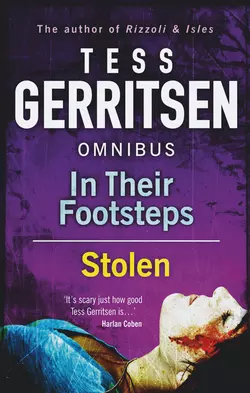In Their Footsteps / Stolen: In Their Footsteps / Stolen

Тесс Герритсен
Тип: электронная книга
Жанр: Шпионские детективы
Язык: на английском языке
Стоимость: 774.44 ₽
Статус: В продаже
Издательство: HarperCollins
Дата публикации: 16.04.2024
Отзывы: Пока нет Добавить отзыв
О книге: IN THEIR FOOTSTEPS